Navigating New Frontiers: The Controversy Over Drones in Deer Recovery
In a landmark ruling that has sent ripples through the hunting community and legislative circles alike, Joshua Wingenroth of Lancaster County, Pennsylvania, finds himself at the heart of a contentious debate over the use of drones in game recovery. Convicted of multiple Wildlife violations for attempting to aid undercover game wardens with his drone, Wingenroth’s case is the first of its kind in Pennsylvania, challenging both the Legal system and hunting traditions, reports Outdoor Life.
A Sting Operation with Unintended Consequences
The case unfolded from a December sting operation by the Pennsylvania Game Commission. Pretending to be a hunter in need of assistance to recover a wounded deer, an officer contacted Wingenroth, who owns Wingy Drone Services. His willingness to help, facilitated by his Drone Technology, led to his conviction on charges including the use of illegal electronic devices during hunting and disturbing wildlife.h
As Wingenroth plans to appeal the decision, the discourse around the use of drones for game recovery has intensified. His attorney, Michael A. Siddons, highlighted the trial’s “bombshell” testimonies from game wardens, suggesting a deep-rooted confusion over the legality of recovering downed game at night without a weapon, a practice previously considered standard by the hunting community.
Legislation and Litigation: A Race Against Drone Technology
The controversy arrives amid legislative efforts to clarify the role of drones in hunting. A bill proposing the legalization of drones for deer recovery is currently navigating through the Pennsylvania legislature, reflecting a nationwide uncertainty on how to integrate such technologies into traditional hunting regulations.
Magisterial District Court Judge Raymond Sheller, acknowledging the legal gray area, remarked, “The Legislature needs to address this,” underscoring the challenge of aligning existing laws with rapid technological advancements.
The Implications of Wingenroth’s Conviction
Wingenroth’s conviction raises significant questions about the intersection of technology, tradition, and conservation. The Pennsylvania Game Commission’s stance, as articulated by communications director Travis Lau, suggests a unified view of hunting and recovery as inseparable actions under the law. This interpretation, however, contrasts sharply with the hunting community’s understanding and practices, especially regarding the recovery of downed game at night.
The case also underscores a broader issue: the inconsistent application of wildlife regulations. Siddons’s statement on the trial’s revelations about the game commission’s stance on night recovery without a weapon points to a potential disconnect between regulatory enforcement and hunter Education.
Looking Ahead: The Future of Drones in Hunting
As the legal and legislative battles unfold, the case has sparked a broader conversation about the ethical use of technology in hunting. State Sen. Jarret Coleman’s push for clearer regulations on drones for game recovery highlights a growing consensus that technology, if regulated thoughtfully, could enhance ethical hunting practices by ensuring wounded game are recovered more efficiently, reducing unnecessary suffering and waste.
Balancing Tradition and Innovation
Joshua Wingenroth’s case is more than a legal anomaly; it is a pivotal moment in the ongoing dialogue between tradition and technological innovation in the hunting world. As lawmakers and the hunting community grapple with these emerging technologies, the outcome of this debate will likely set a precedent for how modern tools are integrated into age-old practices, aiming to balance ethical hunting, wildlife conservation, and technological advancement.
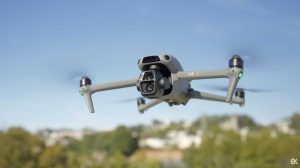
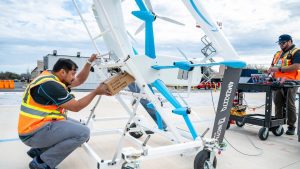
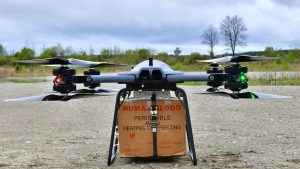
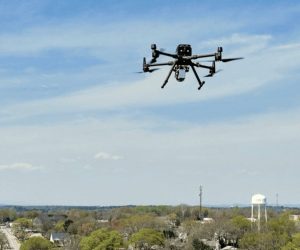
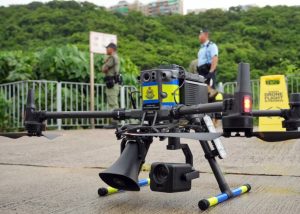
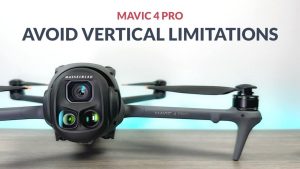

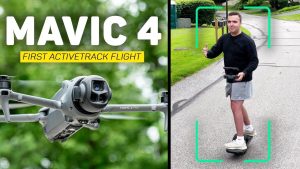
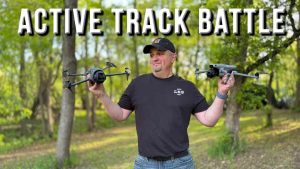
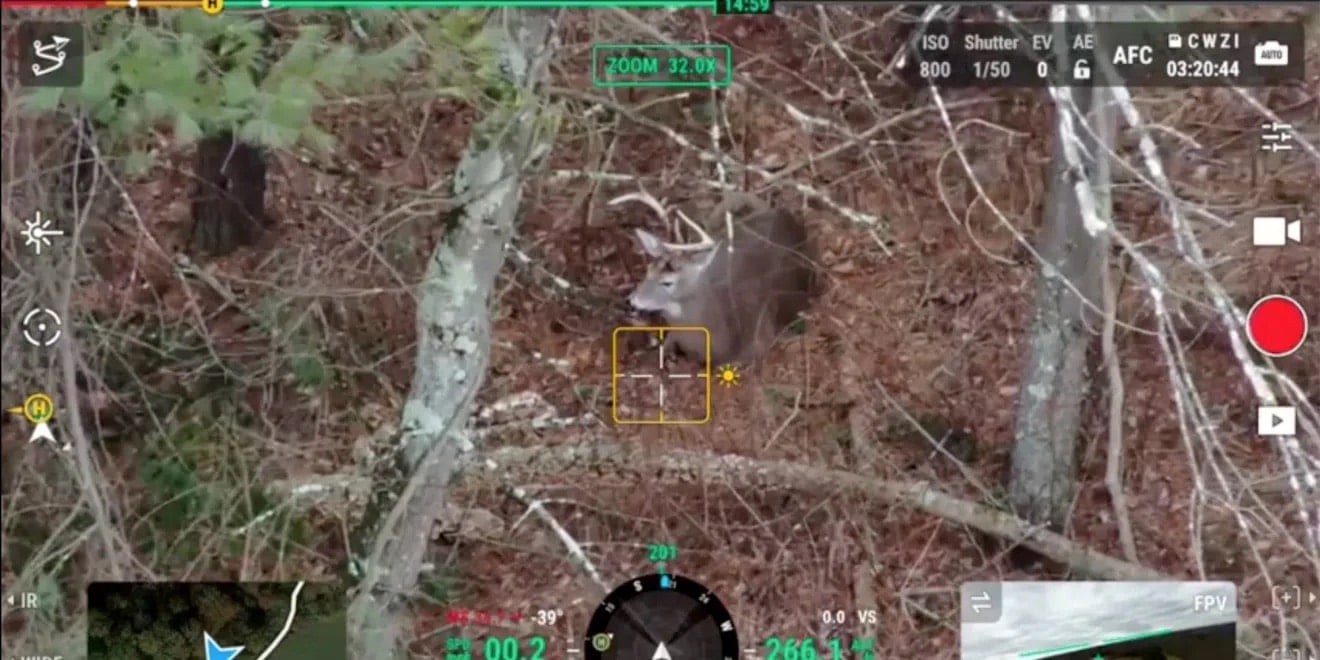

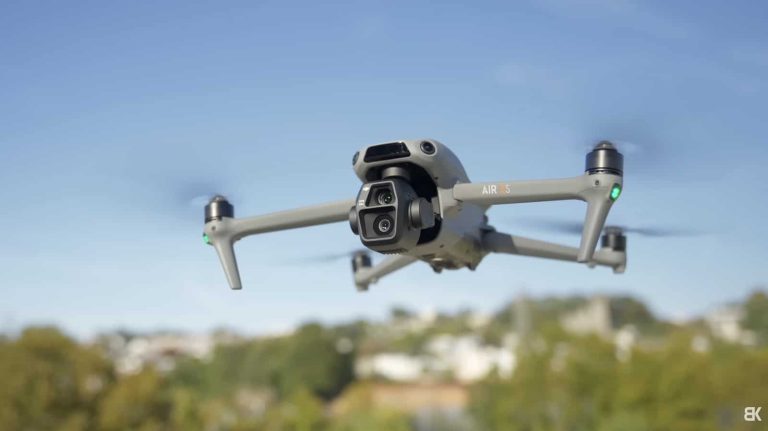
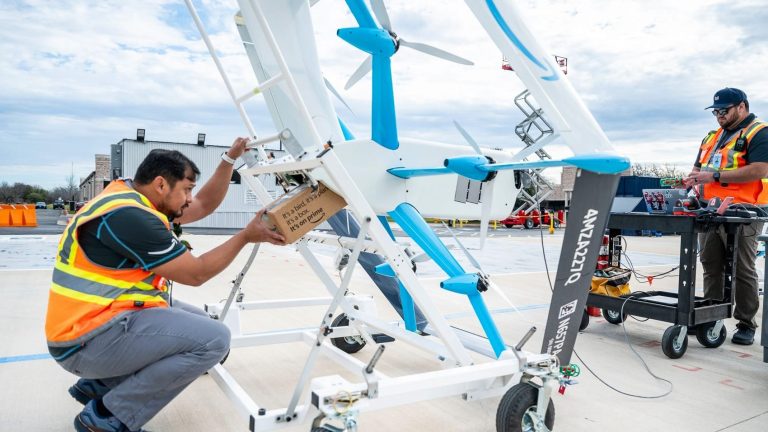
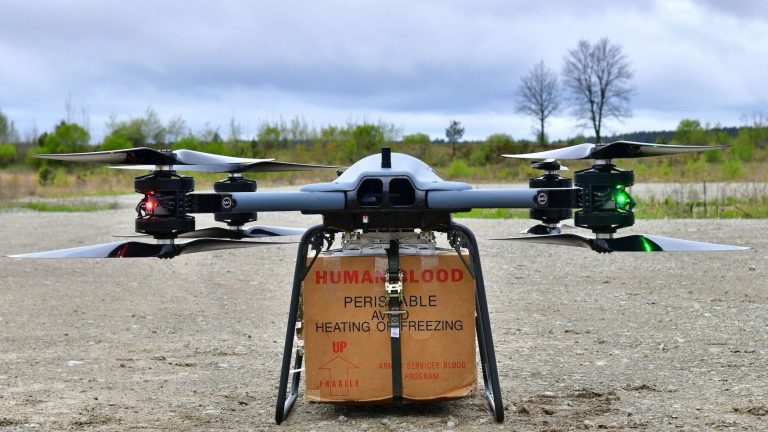


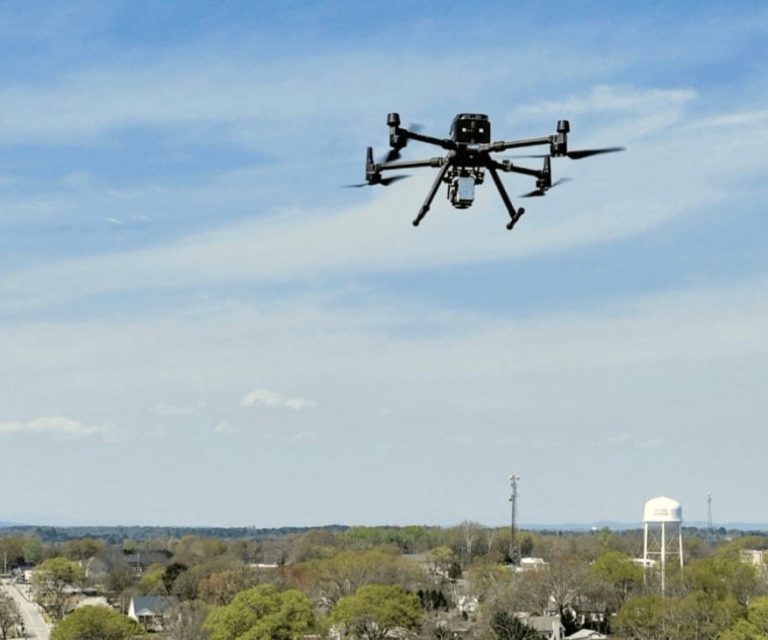
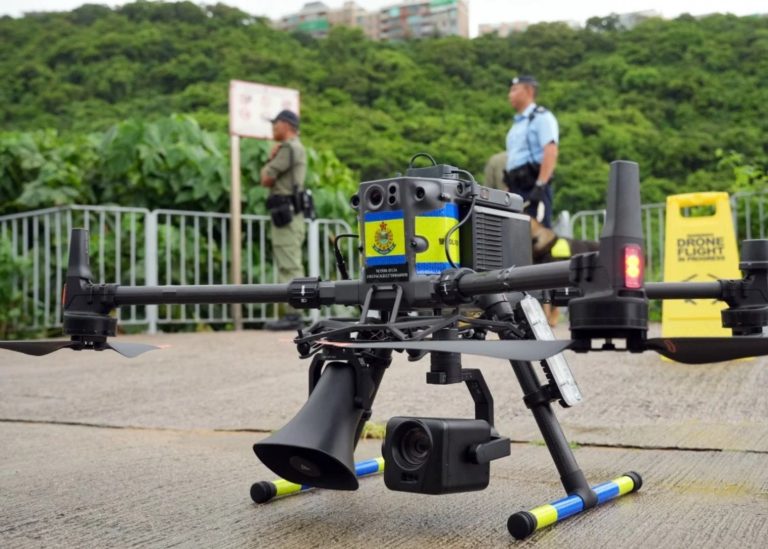
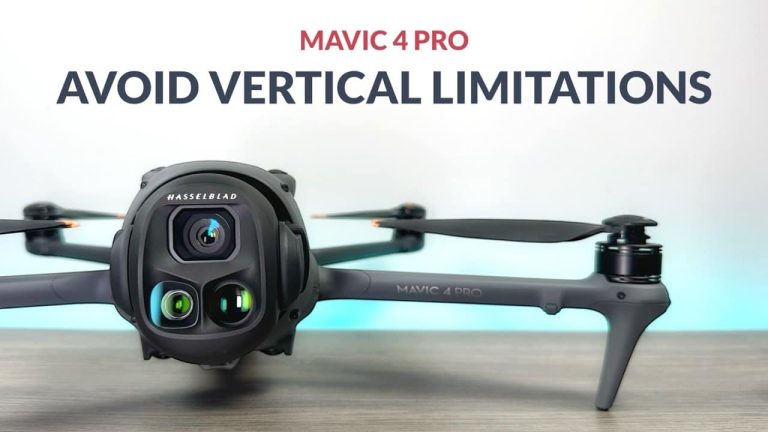
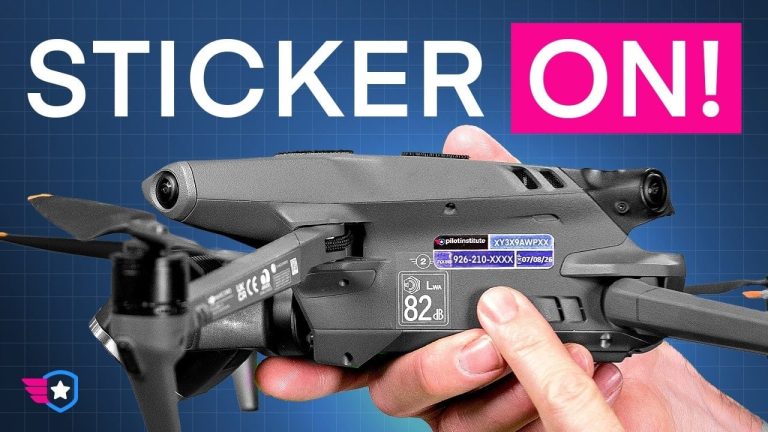
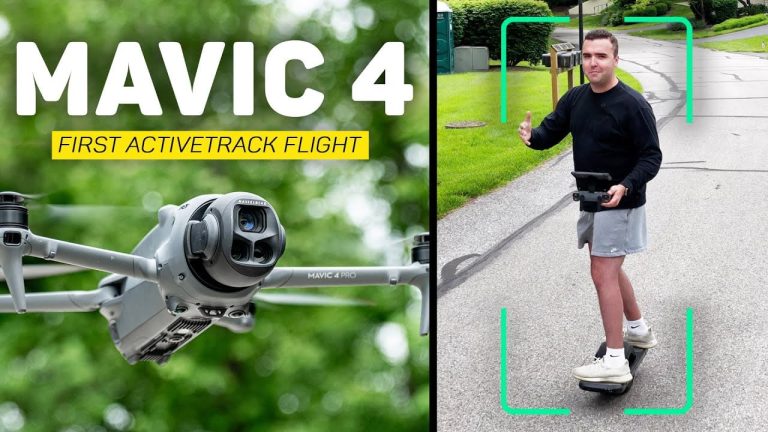
+ There are no comments
Add yours